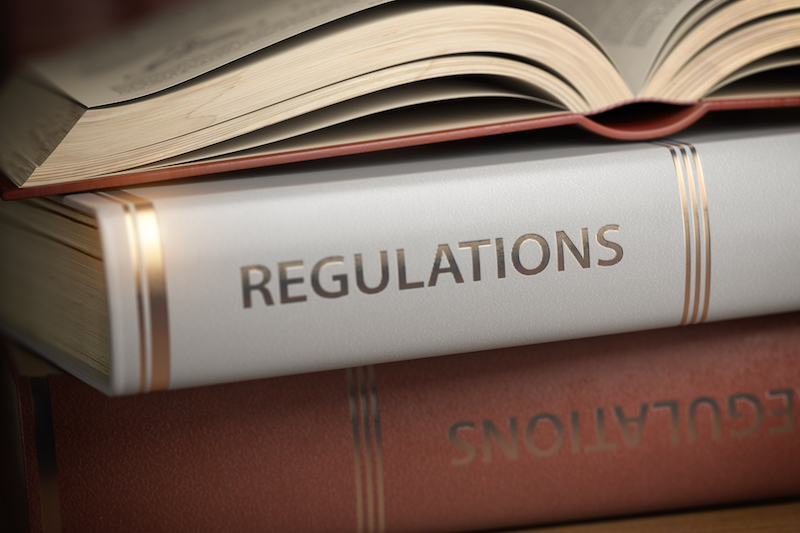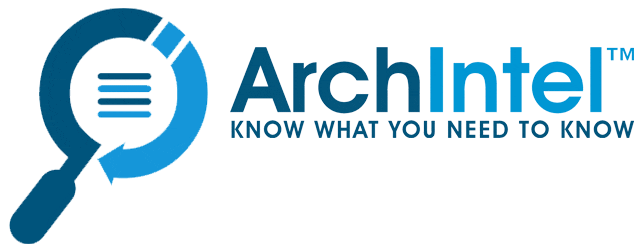Gather Ethical Competitive Intelligence
Gathering competitive intelligence doesn’t mean sacrificing your organization’s high ethical standards. This article will give you more insight into the process of responsibly gathering competitive intelligence to keep your organization at the forefront of your industry.

How Does Ethically Gathering Competitive Intelligence Work?
If you’ve heard of competitive intelligence, you may be wondering how it can be gathered responsibly. Many people commonly misunderstand competitive intelligence as corporate spying or unauthorized access to private company information.
Tactics like these are unethical and have nothing to do with the practices competitive intelligence professionals actually use. Competitive intelligence relies on access to publicly available information and independent research to get insight into your organization’s industry and competition.
Corporate espionage is an illegal and unethical way to access private information. Competitive intelligence aims instead to take a closer look at the kinds of information that’s always been available to you, but you’ve just been too busy to decipher. With competitive intelligence, you can gain an advantage without stooping to unethical tactics.
The professionals at ArchIntel look through a wide variety of publicly available information to figure out what the competitors in your industry are about to do. They analyze social media trends, review sites, online discussion forums, patent databases, research reports, competitor websites, and customer surveys to give you critical insight into what your competitors’ next move might be.
Professional competitive intelligence goes further than just monitoring the competition, though. The professionals at ArchIntel turn insight into action. They will gather information from a variety of sources, analyze it, and show you the next steps your organization can take to get ahead of the competition.
Since competitive intelligence relies on public information and market research, you can be reassured that the process is ethical and a wise decision. But it’s always a good idea to make sure your competitive intelligence strategy is following the highest ethical standard.
Best Practices for Ensuring Ethical Competitive Intelligence
Customers don’t appreciate unethical corporate tactics. When it comes to competitive intelligence, you want to be sure you’re keeping your strategies fair and responsible. Here are some guidelines to keep in mind as you begin developing your competitive intelligence strategy:

Create and adhere to a corporate ethical policy.
Your first step should be to establish a clear ethical policy for your organization. Communicate the guidelines with everyone connected to your organization. If everyone is on the same page, you can develop a culture of responsible behavior that actively discourages unethical practices.
Be sure to enforce this policy strictly and universally. Management, employees, customers, and partners should all be aware of your high ethical standards. Those involved with your organization should face consequences if these standards are not upheld. You want to maintain your organization’s reputation and honor its values. Don’t let threats to either of those slide.
Rely primarily on publicly available information.
As you develop your competitive intelligence strategy, you’ll find a wide variety of public sources with information about your competition. These can be analyzed for crucial insight into your industry’s market to help your organization get ahead.
New promotions or deals, changes in a company’s social media updates, or a shift in personnel recruitment can signal a broad change in the competition’s strategy. In fact, much of competitive intelligence is gathered through standard market research that can be translated by professionals into an informed, successful business strategy.
The competitive intelligence professionals at ArchIntel will track these patterns (and many others) and report back to you. Moving forward, you can use this ethically sourced insight to inform your business strategy and guide your decisions with the reassurance that you’re acting responsibly and wisely.

Be transparent about your gathered information.
Many people are wary of competitive intelligence at first because they don’t trust its sources. Using publicly available information and original market research is a crucial first step, but it’s important to keep detailed records of where the information was found.
Ethical competitive intelligence gathering means it should be easy to track down the sources of your information. Unethical behavior often leads to secrecy and the destruction of records. Behaviors like these are questionable and worrisome. You should never have access to confidential or unauthorized information unless you have been given explicit permission.
Transparency is essential to ensure everyone is complying with the highest ethical standards. Be sure that your information can be traced and that your records are detailed and organized to avoid the impression of unethical activity.
When interacting with the competitor, be upfront about your purpose.
It never looks good to be contacting sources pretending to be someone you’re not. Posing as an interested customer or potential applicant to get inside information isn’t right. That’s unethical and beyond the scope of responsible competitive intelligence.
If you choose to contact your competitor or other sources directly, be clear about who you are and what you’re doing. Honesty is critical to maintaining your organization’s integrity and adhering to a sound ethical policy. When ArchIntel acts on behalf of your organization, you can trust that they will be acting ethically and transparently to gather high-quality insight.

Never engage in illegal espionage tactics to get an advantage.
It goes without saying that breaking the law is an unethical way to get information about the competition. Corporate espionage means criminally hacking, wiretapping, or spying to gather unauthorized information about other organizations in your industry. In the worst cases, these practices can lead to court cases and legal consequences.
Stealing information is unethical and has no place in a responsible competitive intelligence strategy. Competitive intelligence means strategically analyzing publicly available information and openly researching about the competition. Competitive intelligence professionals don’t cheat, lie, or steal to get ahead.
Ethical practices are key to preserving your organization’s reputation and continuing to meet high market standards. The practices your organization engages in reflect the culture and brand of your entire organization. Make sure that everyone connected to your organization is living up to these standards.
The internet is full of content about your competitors that can be used ethically and strategically. Don’t let your competitors get ahead while you ignore the signs around you. Contact ArchIntel today to start developing your competitive intelligence strategy right away.
